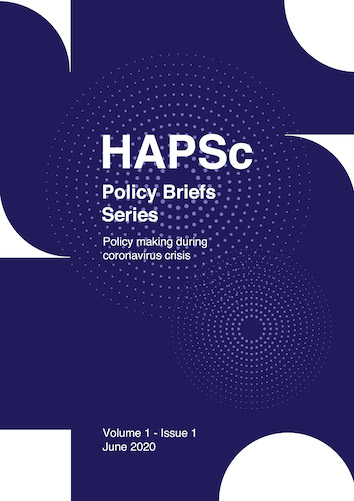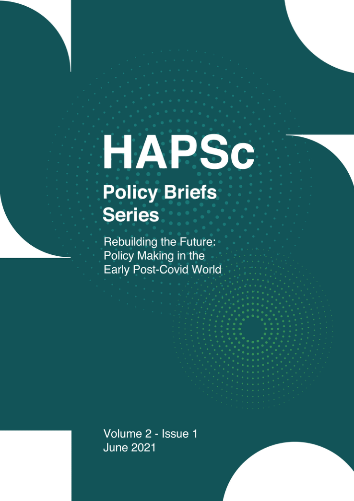Résumé
The theory of sovereignty has been challenged by the limits established by the international field and tensions, a likely subordination of the internal right to the global community that is governed by rules and principles and not simply by the exercise of power. The pandemic from COVID-19 has provided an opening in the theoretical field of fragmentation of the theory regarding state sovereignty. A new way to materialize sovereignty that, when put into practice, can assume the functions of global governance exercised by an international organization. This ability of exercising state sovereignty, named besieged sovereignty in this document, has the initial goal of justifying the use of this new concept that emerged from a state of global exception, in addition to presenting, briefly, the approach to the validity of legal norms. Two hypotheses will be presented for the field of this research: can there be unilateral and/or plurilateral intervention in state sovereignty in case there is a declaration of a state of emergency, of exception, in the global field? Can there be an authorization of the United Nations Charter for direct intervention on behalf of individual or collective self-defense, in the case of an armed attack upon the nation that represents imminent risk of transmission and spread of the pandemic? We will argue that besieged sovereignty represents a serious risk to state sovereignty and that the international community needs to be actively engaged in ensuring that governments observe the standards and quickly return to normal so that there is no “legitimate use of force ”and unilateral or plurilateral interventions, since the sovereign will be the one who is capable, over the abnormality, in order to suspend the legal order in whole or in part and with the purpose of restoring normality.





